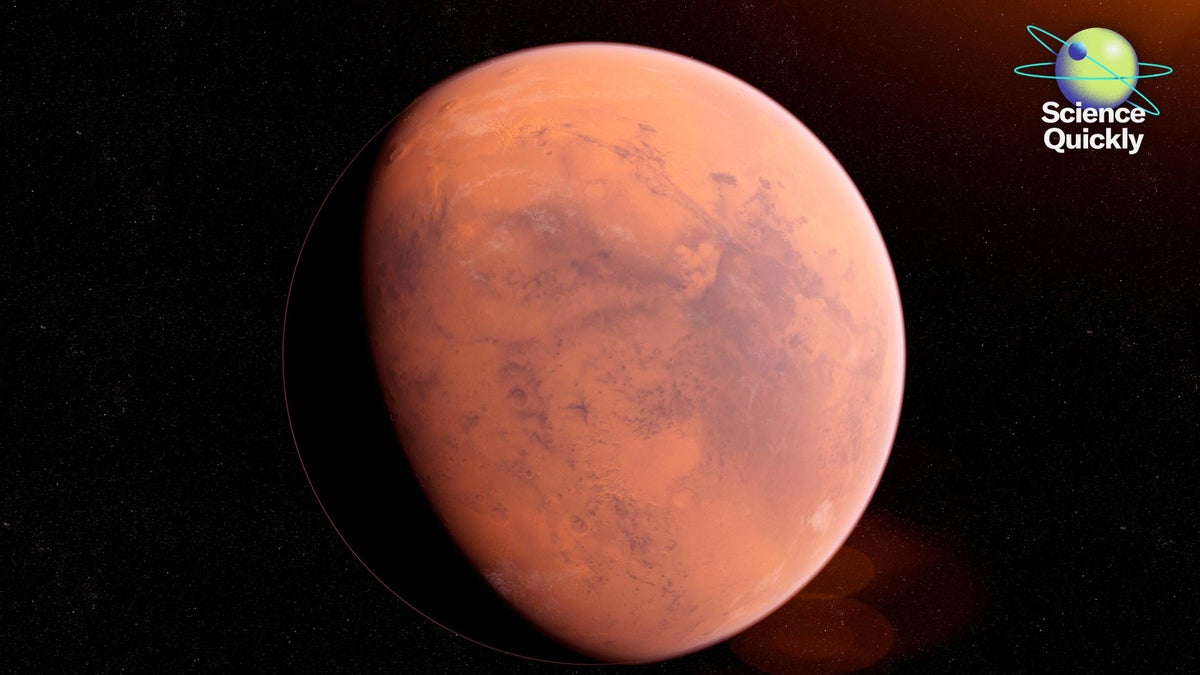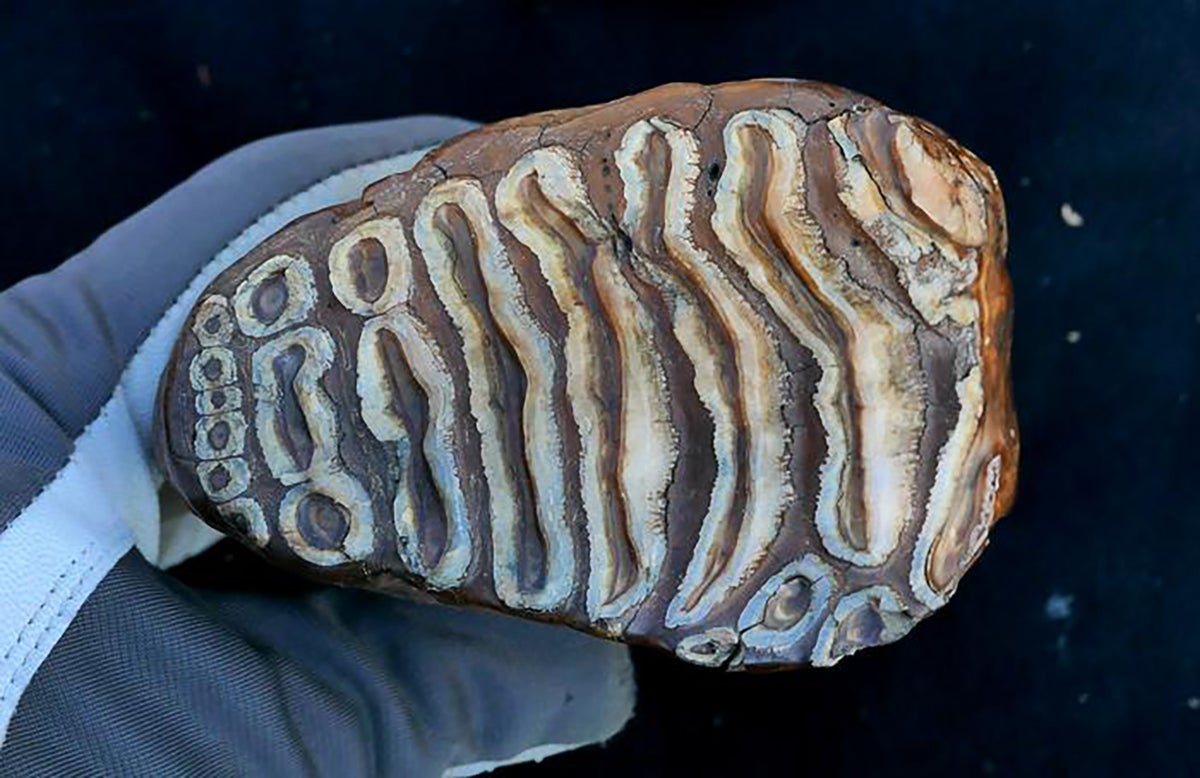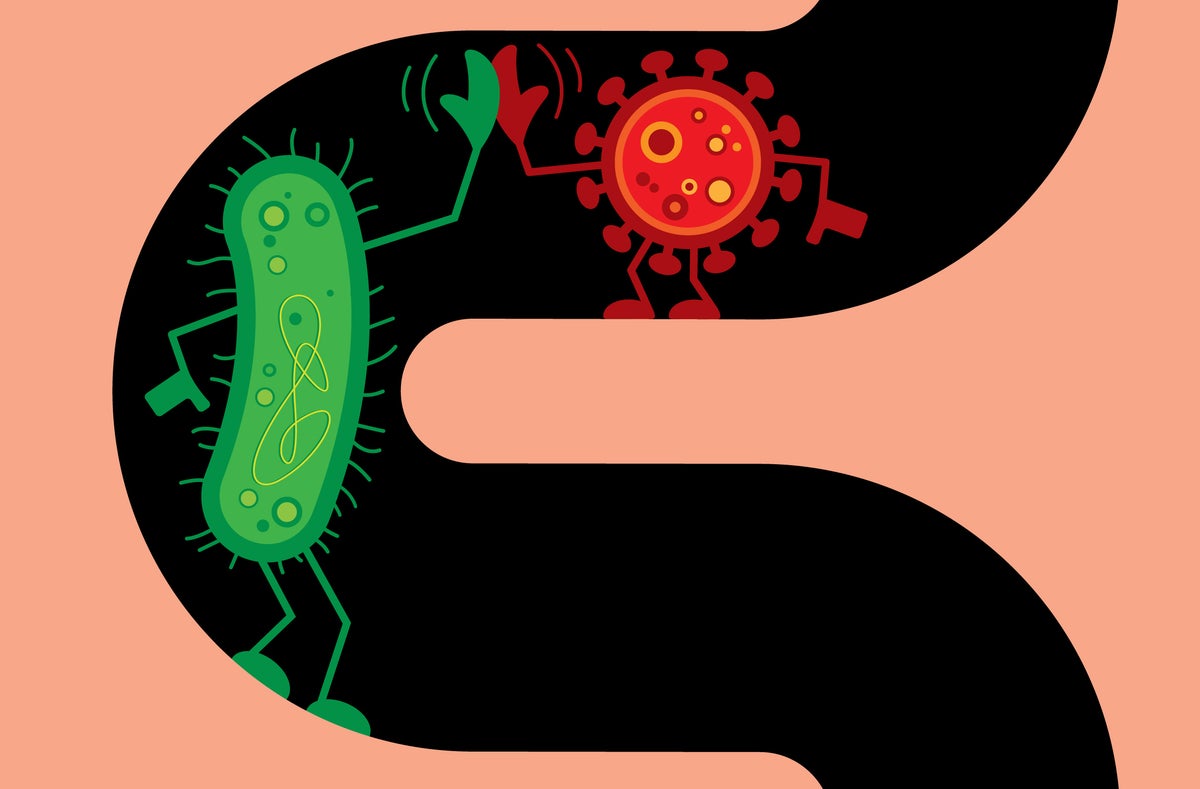Age: A Transformative Factor
As we age, our bodies undergo a multitude of changes, and the gut microbiome is no exception. Research indicates that the composition and diversity of gut viruses evolve significantly throughout the lifespan. In infancy, the gut is populated with a unique set of viruses that help establish a foundational microbiome. As we transition into childhood and adulthood, the diversity of these viral populations increases, reflecting dietary habits and environmental exposures.
However, with advancing age, particularly in older adults, the diversity of gut viruses tends to decline. This reduction can lead to an imbalance in the gut microbiome, potentially contributing to various age-related health issues. The interplay between aging and gut viruses underscores the importance of maintaining a balanced microbiome through lifestyle choices, including diet.
Diet: A Catalyst for Change
Diet is a powerful influencer of gut health and, by extension, the viral populations residing within. The foods we consume provide not only the nutrients necessary for our bodies but also the substrates that support the growth of specific microbial communities. Diets rich in fiber, for instance, promote the proliferation of beneficial bacteria, which can, in turn, influence the types of viruses present in the gut.
Conversely, diets high in processed foods and sugars may lead to dysbiosis, an imbalance that can diminish the protective effects of gut viruses. This highlights the critical role of nutrition in shaping the gut microbiome and, by extension, the viral inhabitants that contribute to our health. Tailoring our diets to include a variety of whole foods can foster a more diverse and resilient gut environment, supporting the beneficial functions of gut viruses.
The Protective Mechanism of Gut Viruses
The protective mechanisms of gut viruses are multifaceted. They not only help regulate bacterial populations but also enhance the immune response. By maintaining a balanced microbiome, these viruses can help prevent infections and reduce inflammation, both of which are essential for overall health. Furthermore, the interaction between gut viruses and the immune system is complex and dynamic, with viruses playing a role in training immune cells to respond appropriately to pathogens.
Emerging research suggests that gut viruses may also influence metabolic processes, including energy extraction from food and fat storage. This connection between gut viruses and metabolism underscores the importance of a balanced gut microbiome in preventing obesity and related metabolic disorders.
The Future of Gut Virus Research
As our understanding of gut viruses continues to grow, so too does the potential for harnessing their benefits in clinical settings. Future research may pave the way for novel therapeutic approaches that leverage gut viruses to combat various health conditions, from gastrointestinal disorders to metabolic diseases. The prospect of manipulating gut viral populations through diet or even targeted therapies could revolutionize our approach to health and wellness.
Conclusion
In conclusion, the viruses residing in our gut are not merely passive inhabitants; they are dynamic guardians that protect us and adapt to the changes brought on by age and diet. As we continue to unravel the complexities of the gut microbiome, it becomes increasingly clear that nurturing this ecosystem is vital for maintaining health throughout our lives. By embracing dietary choices that promote a diverse and balanced gut microbiome, we can support the intricate interplay of gut viruses and bacteria, ultimately enhancing our overall well-being. The journey of understanding gut viruses is just beginning, and its implications for health are profound and far-reaching.


















































 English (US) ·
English (US) ·